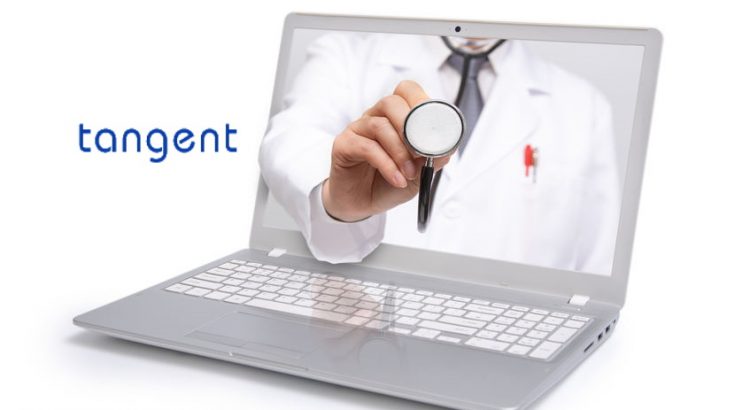As we march through this pandemic, the ways in which we live our daily lives have changed drastically. One of these ways is the adoption of telehealth technology for non-essential primary-care visits. In March alone, telehealth visits were up 4346.94% compared to March 2019. The quickly expanding scale of telehealth on medical computers is astonishing, […]
Tag: Touchscreen Computers
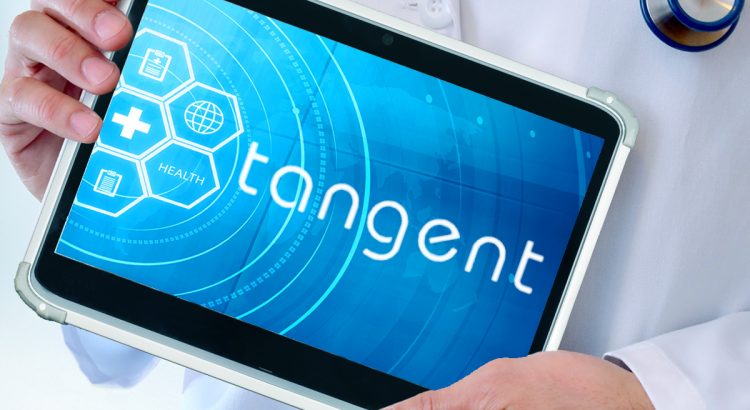
Medical Tablets For Hospital Safety
While phased reopenings in various states continue, the trend of infection cases is only increasing. While this is worrisome on its own, the impact this can have on our healthcare system is not to be underestimated. Keeping patients safe is the priority of every hospital, and in these times this priority is all the more […]

Medical All-In-One Computers For Healthcare
New advancements in medical grade technology are made every day, and Tangent is at the forefront of medical grade computer development. As the role of digital information like Electronic Medical Records (EMR)s and Electronic Health Records (EHR)s in healthcare continues to increase, having the fastest possible access to this information will be vital in providing […]
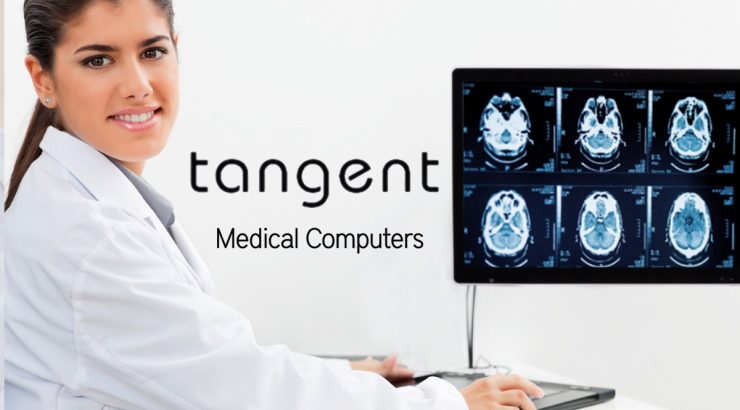
Reducing Hospital Readmission Rates
As hospitals around the country reopen to elective procedures, unresolved challenges must once again be grappled with. One of these challenges is the reduction of hospital readmission rates. Hospital readmission refers to the readmission of a patient less than 30 days after a procedure, normally due to complications. According to the American Institute of Research, […]

Tangent: Three Ways For Industry To Bounce Back
As the nation looks towards reopening, industrial sectors around the country will need to rethink how they do business. As our economy recovers, it will be at the expense of sectors unwilling to transform the way they operate. Keeping your business looking toward the future is crucial to maintaining a healthy and successful company. To […]
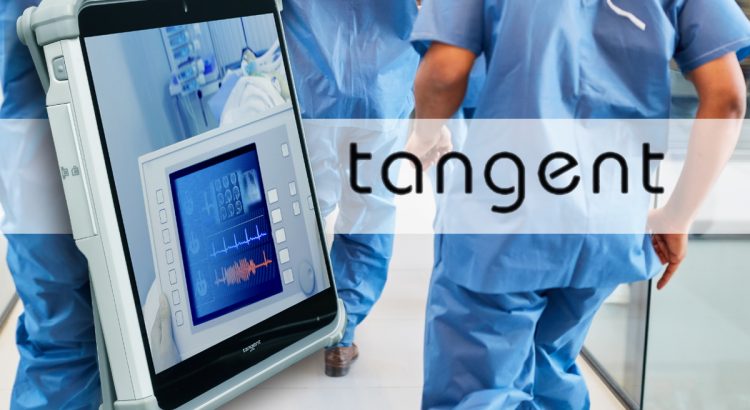
Medical All-In-One PCs For Full Hospital Use
With the country on the path towards reopening, hospitals have begun transitioning their facilities to accommodate regular appointments and patients. But will patients be willing to return to hospitals during this crisis? More patients than ever are seeing their doctors remotely via telemedicine technologies such as Medical All-In-One PCs. In addition, more Americans than ever […]
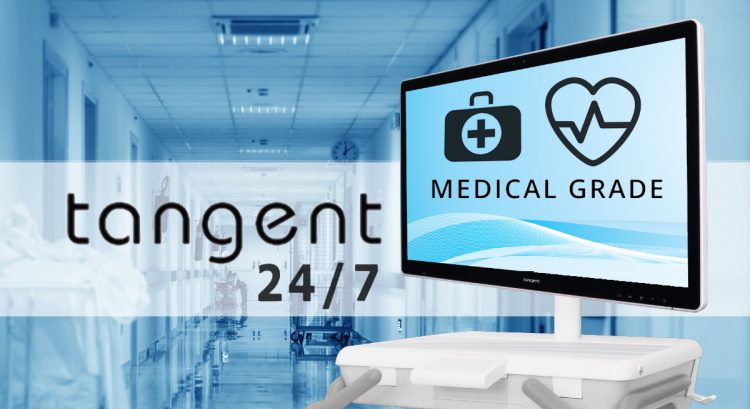
Reducing Frontline Healthcare Worker’s Stress And Anxiety
This crisis has taken a toll on all of us, but frontline healthcare workers have taken the brunt of this crisis. The doctors, nurses, and medical staff protecting the public health are doing so at their own risk. It’s no wonder then why some frontline healthcare facilities are seeing depression symptom rates of 50%. Experts […]

Industrial Grade Computers Versus Commercial Computers
While it may be tempting to think that all computers are created equal, this simply is not the case. Every computer is built for a specific purpose whether or not it is labeled as such. Industrial grade computers are computers that are designed for industrial applications like manufacturing and oil processing. Industrial grade computers differ […]
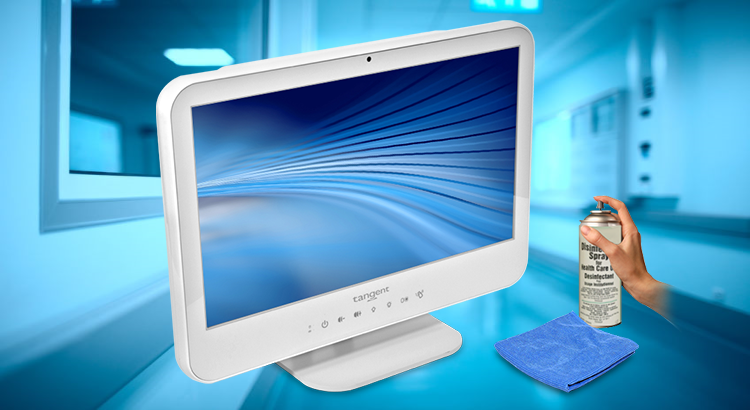
Sanitizable Computers For 24/7 Use
While the current situation the world faces is unprecedented, the healthcare industry has stepped up to make sure that the world remains as safe as possible. Hospitals around the country have made due with limited supplies as supplies of PPE. Working around the clock, hospitals and healthcare workers have stepped up to the plate and […]

Telehealth Computers: How to Effectively Set Up Your Hospital
In these times, it is becoming increasingly risky to have healthy patients enter hospitals where they can easily become disease vectors. Because of this, many hospitals are transitioning doctor visits to telehealth visits. Telehealth refers to medical computer based doctor visits, where a doctor uses a medical computer to video-chat with their patient. Telehealth has […]
